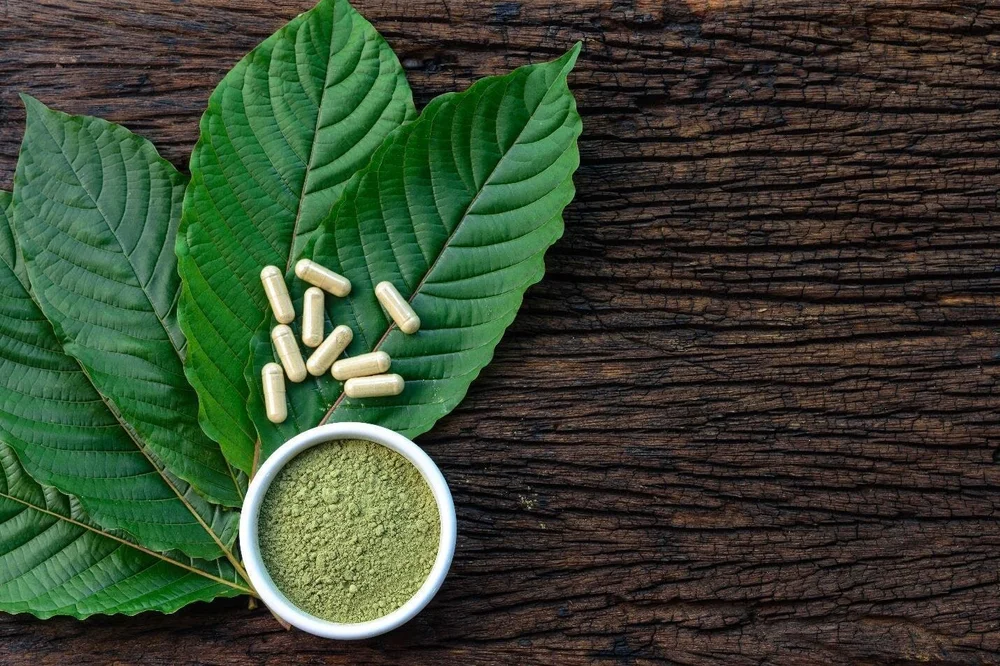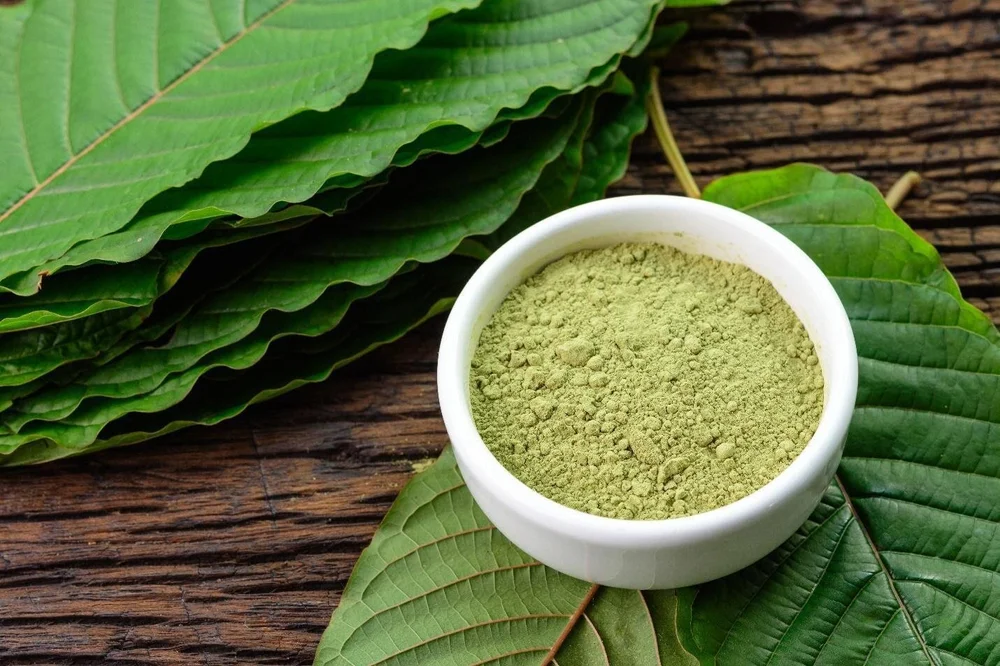
Image: https://ift.tt/2Q66n8B
A Leaf of Faith: What You Can Learn About Kratom From the Documentary
by Crystal M. Wilson
The film A Leaf of Faith by Chris Bell revolves around the American Opioid crisis and how an alternative substance, Kratom, can address the issue. In 2019, 49,860 people died from an opioid overdose, according to the National Institute of drug abuse. Opioids include prescription painkillers, methadone, fentanyl, heroin, natural, synthetic, and quasi-synthetic opioids.
The filmmaker believes that Kratom might be a potential solution to the opioid crisis. However, the U.S Foods and Drugs Administration has been trying to illegalize this substance. Kratom is a natural herbal supplement found in Southeast Asia. Opioid addicts have been using this herb to overcome dependence on pharmaceutical pain medications.
The pursuit for a solution
In this documentary, Bell looks for a full-status report on Kratom standing with pharmacists, physicians, patients, marketers, and government agencies such as the DEA and the FDA. He collects varying opinions on safety, effectiveness, and the need to regulate Kratom.
Currently, you can find the substance over the counter in head shops and food stores. Pharmacists and physicians are yet to conduct enough clinical tests to determine the effectiveness and effects of Kratom. This means that all current opinions on the substance are either speculative or based on personal experiences with this "leaf or faith."
However, professionals agree that there is a need for regulation regarding quality and authenticity, and accurate product labeling.
Kratom ingestion

Image: Adobe Spark
Most people prefer taking Kratom in the form of capsules. Others prefer buying bulk Kratom powder and using it in small doses. While there is no standard dosage, you can take 2-6 capsules each morning. The documentary is keen to point out that you should understand that you are not ingesting pharmaceutical-grade medications whenever you are taking Kratom capsules.
Being a natural plant-like tea or coffee, you do not need too much of the substance to be effective. Some users claim that taking high doses has no adverse side effects, but scientific research suggests otherwise. Dosage is one of the issues highlighted by the filmmaker, with recommendations for further investigation.
Is Kratom a threat or a blessing?
Opioid addiction has gone through the roof to the point that the U.S Department of Health and Human Services has termed the situation an epidemic. When it comes to supplements and drugs, there will always be a risk-to-benefit ratio. According to the filmmaker, Kratom might not be the ideal drug or supplement, but it has untapped potential.
Patients battling chronic pain have had no option in the past but to rely on opioids. There is hope that Kratom could potentially free many Americans from heroin and opium addiction. While this herb is proving to be an effective painkiller, it is still risky to make it completely legal in the U.S at this point. The herb is still new to modern science pharmacists, and there is a need for thorough research.
Although unregulated, people continue to use it for pain alleviation. Most users claim that it is akin to coffee. For any practicing doctor or pharmacist to prescribe Kratom for pain relief, it has to be approved by the FDA. Regulating Kratom as a drug won't happen overnight because drug testing and approval take years. People who use it to lift moods and for other benefits can use it as a supplement. Kratom is currently a crucial topic that requires more research.
Uses and effectiveness
People have been using Kratom for withdrawal from opioids such as heroin, morphine, and treatment of other conditions. There are claims that Kratom can treat depression, diabetes, anxiety, cough, diarrhea, pain, high blood pressure, withdrawal from heroin, morphine, and other opioid drugs, among other conditions. There is no good scientific evidence to support these uses, and therefore, there is a need for more evidence to rate this botanical substance's efficacy for these uses.
Possible side effects
Like any other substance out there, Kratom has its share of side effects as well. The use of this substance can cause nausea, dry mouth, tongue numbness, delusion, constipation, aggression, thyroid problems, and hallucination. Large Kratom doses could cause brain swelling, troubled breathing, liver damage, seizures, or death.
When used regularly, Kratom can potentially cause dependence. People who quit Kratom after a period of prolonged use might experience muscle pains, decreased appetite, anxiety, hot flashes, anger, trouble sleeping, diarrhea, cramps, watery eyes, and fever.

Image: Adobe Spark
What is the FDA Saying about Kratom?
Will the Food and Drug Administration ban or schedule Kratom? This government agency has been warning Americans to avoid using Mitragyna speciosa (Kratom). The FDA's concern is that Kratom impacts the same opioid brain receptors as prescription morphine. The substance appears to have properties that could expose users to the risks of abuse, dependence, and addiction.
The FDA has not approved any use for Kratom so far. The agency actively evaluates available scientific data on the herb and continues to warn consumers to avoid buying products labeled as having Kratom or its variants, 7-hydroxy mitragynine, and Mitragynine. The FDA is encouraging more research to establish the substance's safety profile, including its compatibility with other drugs.
Documentary Advocacy
Chris Bell commits to creating awareness about the potential benefits and dangers of Kratom throughout the film. He has also highlighted the need for further studies to determine this potent herb’s efficacy and possible side effects. People struggling with chronic pain and opioid dependency should take the time to watch this informative documentary.

LOGO DESIGNED BY MEENTS ILLUSTRATED
from Review Blog - Every Movie Has a Lesson https://ift.tt/3cFy3sM







No comments:
Post a Comment